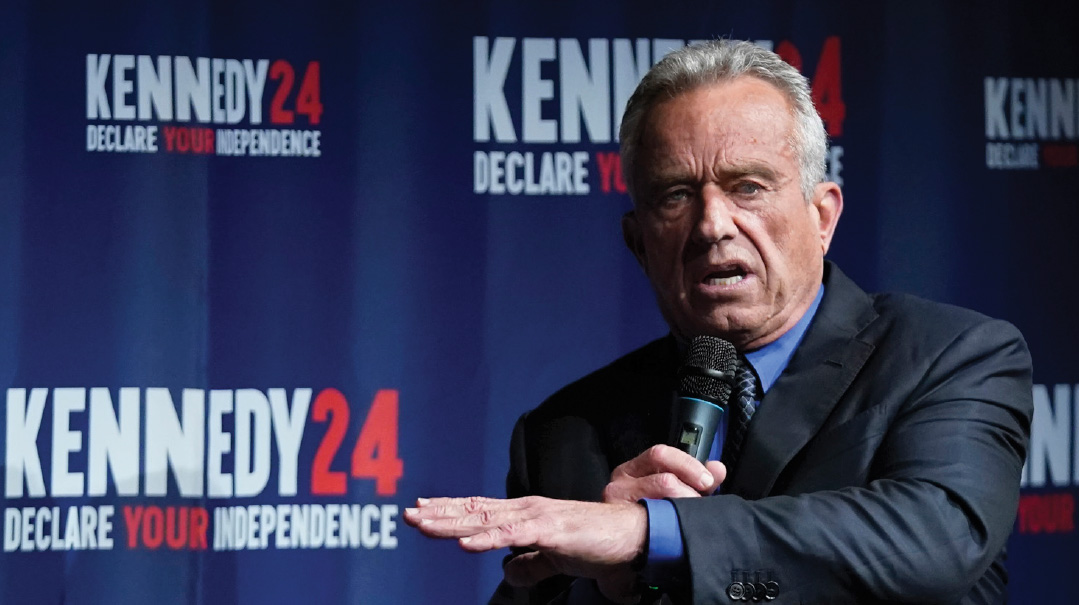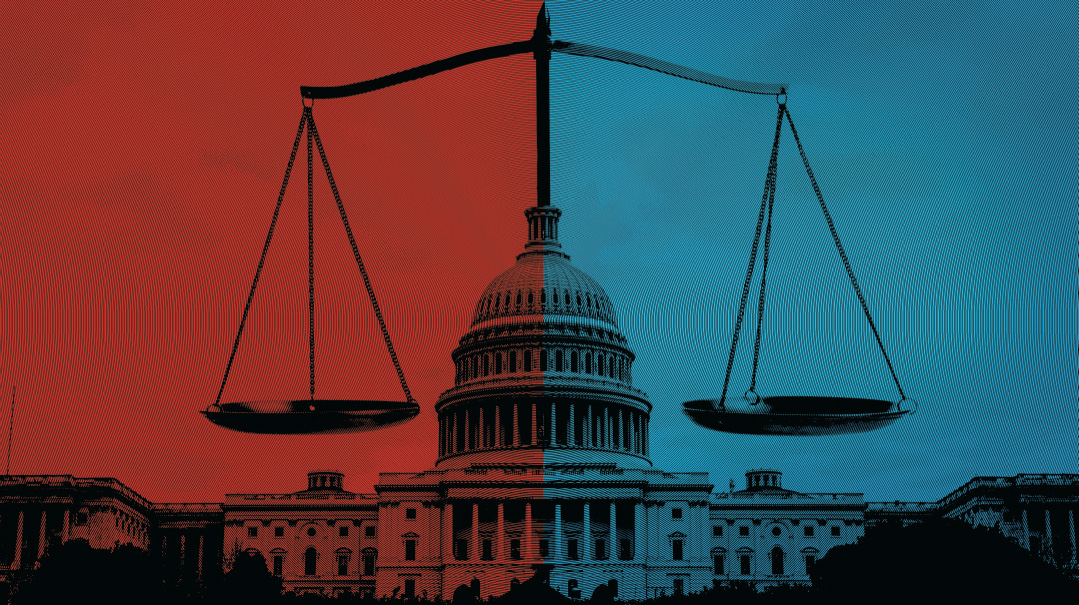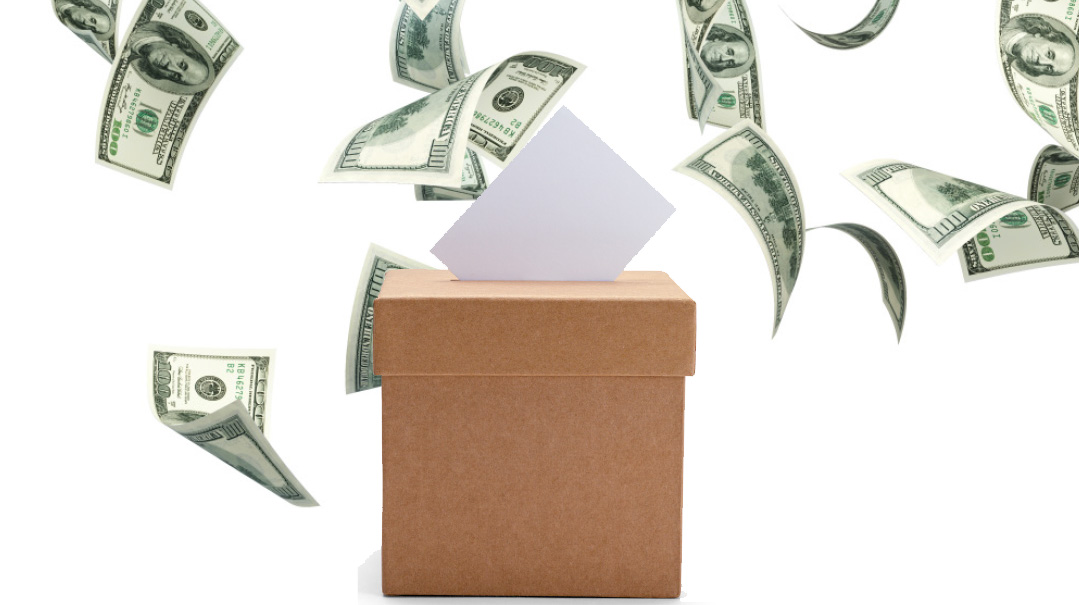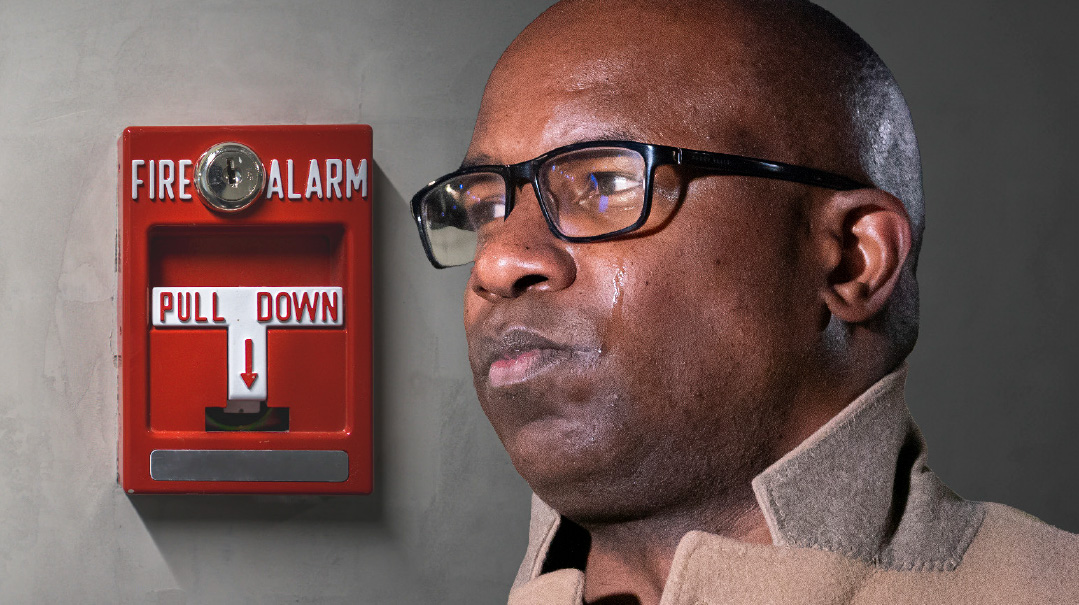Spoiler or Spoiled? Third Parties Mix Up the Race

Let’s get something out of the way first: No third-party candidate is going to become president of the United States

Photo: AP Images
Robert F. Kennedy Jr. is running as a third-party candidate. Early indications are that he would pull more voters from Trump’s base than from Biden’s. Another third-party effort is being mounted by the moderate group No Labels, which has qualified in 14 states, including several swing states. Senator Joe Manchin (D-WV) is being floated as a possible name for the No Labels party. A Manchin candidacy would likely eat into the Biden support. Either of these efforts could prove a powerful spoiler to Biden or Trump, especially in swing states where the election will likely be decided by tens of thousands of votes.
Eugene Debs and Gary Johnson may not be familiar names to the average voter, but Ross Perot and Teddy Roosevelt should be instantly familiar. All of them waged third-party campaigns for president. What distinguishes such runs is whether they play spoiler to the two major party campaigns. If they don’t, they are considered failures — spoiled, rather than spoiler.
Let’s get something out of the way first: No third-party candidate is going to become president of the United States. The two-party system is too large and well-established for a third party to break through. Is it theoretically possible that a deadlocked Electoral College could result in Congress determining the victor? Yes, but practically speaking, that would take us down a rabbit-hole. It hasn’t happened since the 1824 election of John Quincy Adams. So no, there is no a plausible scenario of a third-party victory.
But the 2024 election offers a great opportunity for a third-party candidate to be a spoiler. Think of the Republican and Democratic parties as the main ingredients in a chocolate cake. A third-party candidate who draws only a small percentage of the vote would be akin to an exotic flavor — for example, a dash of coffee — that hardly gets noticed in the larger result. But if he draws enough votes, it alters the entire cake. Instead of a dash of coffee, now it’s a tablespoon, which turns the recipe into a chocolate mocha cake.
Eugene Debs ran for president on the Socialist Party ticket five times, from 1900 to 1920. It raised the profile of Debs and his party, but he only ever garnered a few percentage points. Gary Johnson, the former Republican governor of New Mexico, ran on the Libertarian ticket in 2016 and also drew a very low percentage of votes. These examples are the norm.
There are candidates who have done better. Ross Perot is still remembered by many Americans today for his 1992 run as an independent, which won him a whopping 18% of the popular vote. Perot didn’t win any states in the Electoral College, but he surely cut into a share of the votes that would have gone to George H.W. Bush, denying him his reelection bid.
The king of third-party presidential candidates is Teddy Roosevelt. He split with his Republican successor, William Howard Taft, and ran in 1912 on the Progressive “Bull Moose” ticket. (That party got its nickname after Teddy said he felt as “strong as a bull moose,” despite losing to Taft in the Republican primaries.) Roosevelt won 27% of the popular vote and 88 votes in the Electoral College, enough to spoil Taft’s reelection chances and make Woodrow Wilson president.
Outsized Impacts
A typical third-party candidate is unlikely to have any impact on the election result. But a recent electoral trend makes third-party candidates potentially more impactful than in years past. If we examine the 2020 vote more closely, we can see that the election was decided by only a few swing states, and the margin of victory was razor thin.
In Arizona, Biden won by about 11,000 votes. Libertarian Jo Jorgensen, meanwhile, won 50,000 votes there. Given that the Libertarian Party is more likely to take votes away from Trump than from Biden, Jorgensen probably played the spoiler in Arizona. Something similar happened in Georgia, where Biden won by about 12,000 votes and the Libertarian Party garnered over 62,000 votes. Likewise, Pennsylvania was decided by only 80,000 votes, and the Libertarian Party picked up 79,000 votes.
Most pollsters and politicos believe that in 2024, we will see a Biden-Trump rematch in which these swing states will again be critical. But as the 2020 results show, the amount of third-party ingredients needed to affect the outcome of the election cake is now much smaller, proportionately. Back in the days of Ross Perot and Teddy Roosevelt, there were not a handful of swing states but dozens. Recall that in 1984, eight years before Perot made his run, Reagan won New York and New Jersey in the Electoral College. Can you imagine those states swinging now?
We have to adjust our analogy slightly and think what that one dash of coffee could do not to a chocolate cake but to a small cupcake — the shrinking number of pivotal swing states. In 2020, North Carolina, Arizona, Wisconsin, Michigan, Nevada, Pennsylvania, and Georgia were critical. There’s little reason to believe that couldn’t repeat in 2024.
A cake will likely be spoiled, and I believe that it will be Trump’s and not Biden’s. Trump faces two concerning factors. Robert F. Kennedy Jr.’s campaign would likely take a share of his voters. Kennedy claimed recently that Trump discussed the possibility of his joining the ticket. This alone indicates that a Kennedy run would draw from Trump’s support.
Additionally, Trump must reckon with the Libertarian Party, which has a history of making impacts in close battleground states. Things may even out if a Manchin or more moderate name also runs against Biden. For now, there are too many third-party spoilers that can negatively impact the race for Trump.
(Originally featured in Mishpacha, Issue 998)
Oops! We could not locate your form.







